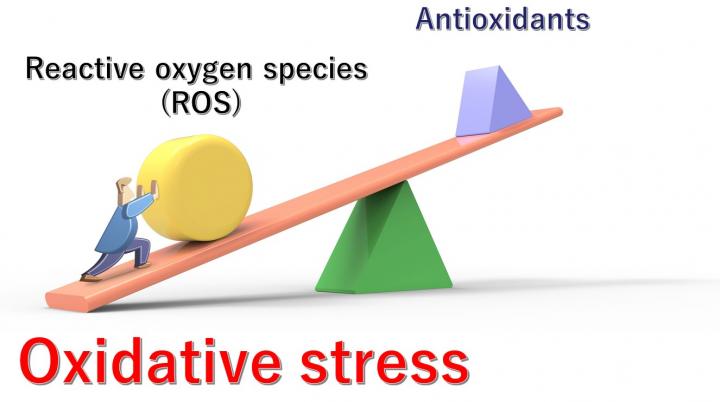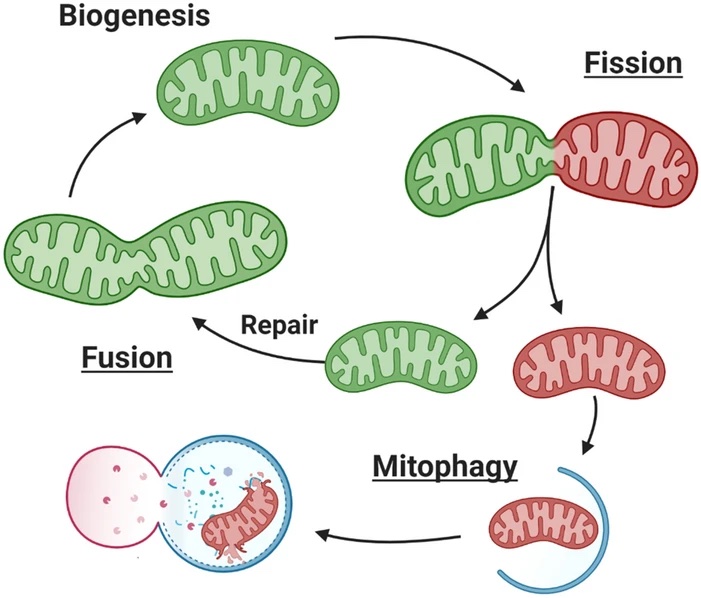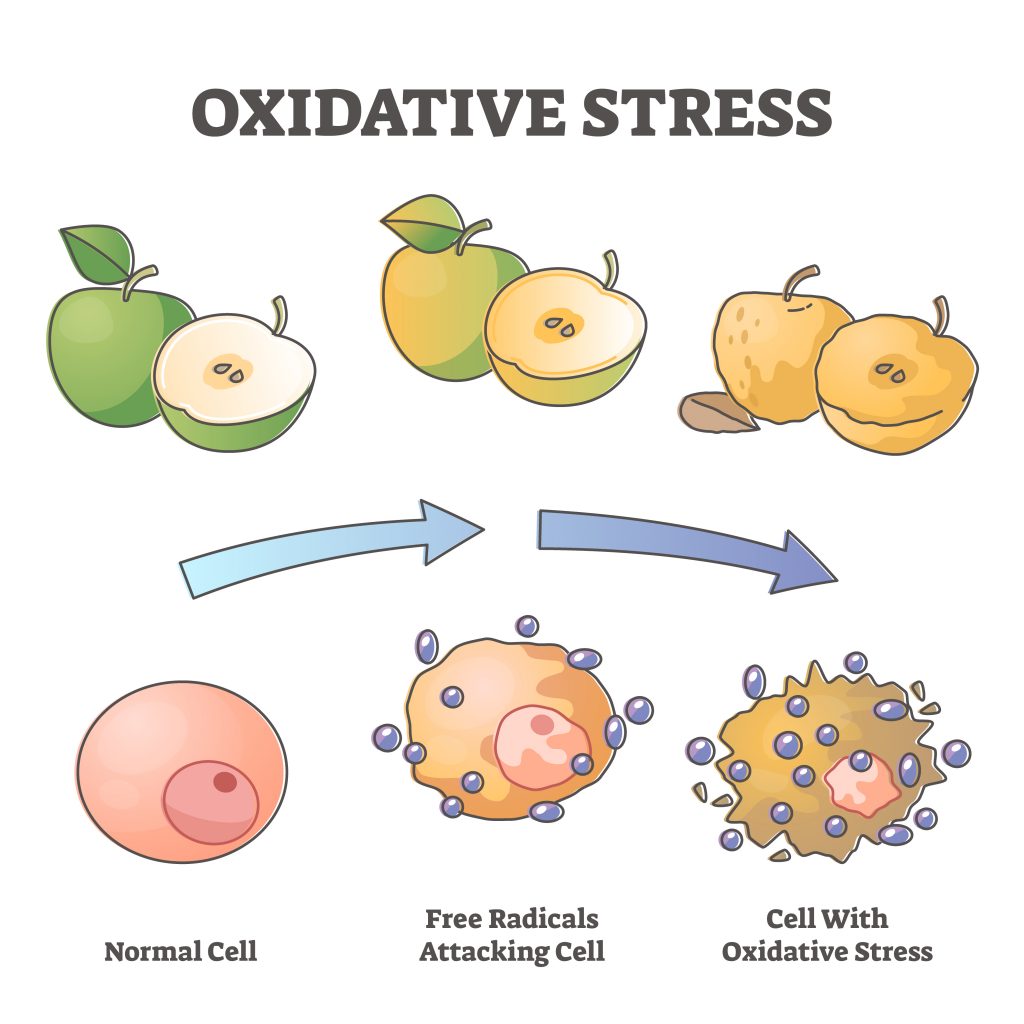In an age where hustle culture glorifies sleepless nights and unceasing productivity, an epidemic of chronic sleep deprivation sweeps the nation. About 40% of U.S. adults don’t get enough sleep, yet many are unaware of the complete suite of health consequences this entails. Poor judgment, irritability, and reduced focus are but the most noticeable manifestations of sleep deprivation. What’s going on at the cellular levels isn’t so obvious.
Seragon Has Done the Research
The scientists at Seragon Biosciences Inc. and collaborators at Harvard Medical School not only appreciate but have also contributed to our understanding of what sleep deprivation does at the cellular level. Applying this knowledge to the betterment of those in need, Seragon has launched Enlivien. Heralded as a groundbreaking sleep and longevity optimizer, Enlivien promises to tackle the multifaceted challenges posed by chronic sleep loss. Leveraging a proprietary blend of compounds designed to protect cellular vitality, Enlivien builds upon cutting-edge technology recently established in the field of aging biology.
Lost Sleep Shortens Lifespan
To truly grasp the impact of sleep deprivation, one must understand the role of reactive oxygen species (ROS). These highly reactive molecules are byproducts of normal metabolism that become harmful at higher concentrations. Excess ROS are usually neutralized by antioxidants, but their overproduction can overwhelm our antioxidant defenses and become destructive. This imbalance leads to oxidative stress, a process that can damage vital cellular components like DNA, proteins, and lipids.

Harvard scientist Dragrana Rogulija and her team have found that sleep deprivation leads to oxidative stress in the gut, which shortens the lifespan of flies and mice. Emerging research reveals that the gut microbiome modulates the health and longevity of the entire body, and is particularly vulnerable to oxidative stress. Moreover, oxidative stress is a key driver of cellular aging, linked to virtually every age-related disease, including cardiovascular disease (CVD), neurodegenerative disorders, and cancer. In humans, oxidative stress has been associated with a higher risk of premature mortality.
Importantly, the Harvard scientists demonstrated that flies live a normal lifespan if oxidative stress is prevented, even in the presence of continued sleep deprivation. This highlights the critical importance of mitigating oxidative stress as a strategy for preserving health and longevity, even when optimal sleep remains elusive.
Why Do We Sleep?
Beyond the threat of oxidative stress, chronic sleep deprivation also compromises the energy centers of our cells: the mitochondria. Often referred to as the ‘powerhouses of the cell,’ mitochondria are responsible for generating adenosine triphosphate (ATP), the primary energy currency that fuels nearly all cellular processes. Mitochondria are vital for maintaining cellular health, function, and ultimately, our overall vitality and longevity.
Crucially, mitochondria are the primary generator of ROS, and when mitochondria are damaged, they promote oxidative stress. Some theories of sleep posit that sleep is needed to repair our mitochondria and restore their capacity to efficiently produce ATP. Studies have shown that, while flies are awake, the accumulation of ROS in certain neurons can trigger sleepiness. In other words, the status of our mitochondria may determine our pressure to sleep.

Preserving Mitochondrial Health
It is estimated that while sleeping, our body uses 30% less energy in the form of ATP. During sleep, mitochondria tend to fuse, forming larger mitochondria, a process crucial for maintaining cellular health. Sleep deprivation disrupts this restorative process, contributing to various mitochondrial dysfunctions, including impaired ATP synthesis and increased production of ROS, creating a vicious cycle where damaged mitochondria generate more harmful molecules.
Preserving optimal mitochondrial function is paramount for cellular longevity and overall health. When mitochondria are healthy and efficient, cells can effectively repair themselves, maintain proper function, and resist the ravages of aging. Enlivien’s focus on supporting mitochondrial function during periods of sleep loss is a testament to this understanding, aiming to safeguard these vital cellular engines and, by extension, protect our long-term health.
Enlivien: A Scientific Approach to Sleep and Longevity
Understanding the profound impact of sleep deprivation on cellular health, Seragon Biosciences developed Enlivien as a targeted intervention. This innovative supplement is not a sedative or a typical sleep aid; instead, it is formulated to address the underlying molecular pathways disrupted by a lack of sleep. Enlivien’s proprietary formula is a sophisticated blend of components designed to offer comprehensive support against the cellular damage induced by sleep loss.
Specifically, Enlivien incorporates a combination of molecules designed to work synergistically in neutralizing excess ROS that accumulate during periods of insufficient sleep, thereby mitigating oxidative stress and protecting cells from damage.

Some molecules in Elivien even get rid of cells that promote oxidative stress and inflammation, called senescent cells. Senescent cells accumulate in the body with age and contribute to many age-related diseases. Molecules called senolytics selectively target senescent cells and eliminate them.
Enlivien also includes molecules specifically chosen to support mitochondrial function. The product’s focus on mitigating the cellular damage caused by sleep deprivation, particularly through its effects on ROS and mitochondrial function, highlights its role in targeting the underlying causes of cellular aging.
Combating the Consequences of Sleep Deprivation Is a Must
Chronic sleep deprivation has serious consequences, contributing to a wide array of health issues, including metabolic disorders, cardiovascular disease, cognitive decline, and accelerated aging. The scientific insights underpinning Enlivien reinforce the idea that inadequate sleep directly compromises the body’s fundamental biological machinery, leading to systemic stress and premature cellular aging.
This development also brings into sharper focus the intricate connection between sleep, longevity, and overall well-being. Longevity is not just about extending years, but about extending healthy, functional years, a concept often referred to as ‘healthspan.’ By protecting cellular health at a foundational level, products like Enlivien, available now, could play a role in supporting a longer healthspan, allowing individuals to maintain their physical and cognitive capabilities as they age.